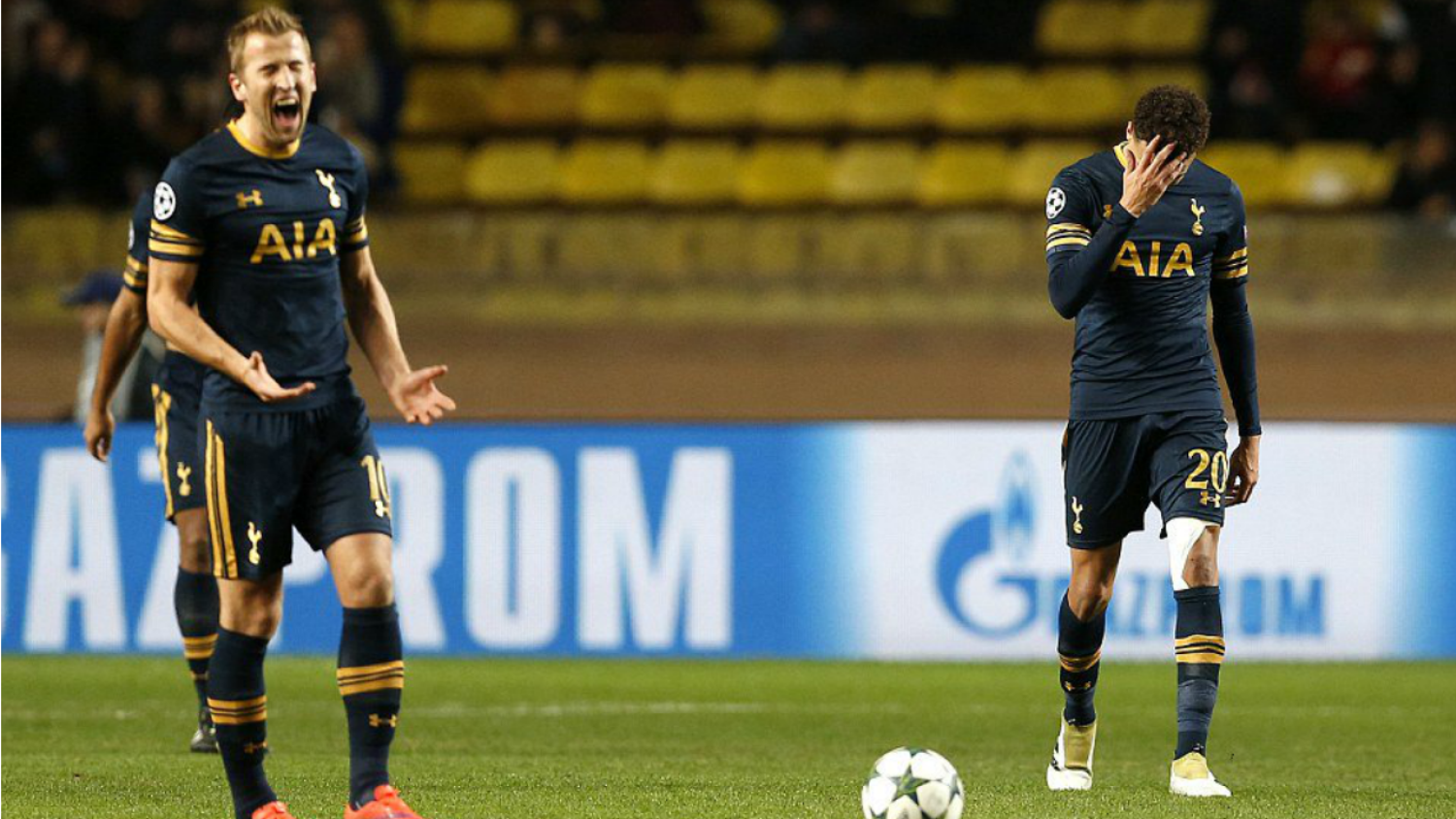The Premier League is the richest, bestest (not a word), fanciest, blingiest (also not a word), most-watched, most hyped domestic football competition in the world. It’s the Big League football league, it has all the best players and knows all the best words.
So why do its teams suck so hard when it comes to Europe? Why are three of its four participants already out of the Champions League before we’ve reached the quarterfinals?
UCL Quarterfinalists by country over last 5 Seasons: Spain 15, Germany 9, France 6, England 4, Italy 3, Portugal 2, Turkey 1
— Dermot Corrigan (@dermotmcorrigan) March 15, 2017
Here are three possible excuses/structural explanations.
The Premier League Is Too Competitive For Its Own Good
Part of the lure of the Premier League, clichéd though it may be, is that there are no easy games. Liverpool, for example, are just as capable of dismantling top four rivals Spurs as they are losing at home to relegation-threatened Hull City. There are as many as six genuine and consistent title contenders in any given season: Arsenal, Manchester United, Manchester City, Spurs, Chelsea and Liverpool. And, ahem, Leicester.
Now compare that to the domestic leagues in Europe’s traditional footballing powerhouses: Spain, Germany and Italy. Each is dominated by one-to-two clubs: Real Madrid and Barca in Spain (with a nod to Atletico), Bayern Munich in Germany and Juventus in Italy.
These teams aren’t fighting tooth and nail for every point, week in, week out. They can rotate their squads, take their foot off the pedal in the second half of games and generally turn up to their mid-week Champions League fixtures fresher than their Premier League counterparts. Towards the end of a long season, these marginal gains add up.
Too Many Games
In addition to the slightly intangible impacts of the Premier League’s competitiveness is the very measurable fact that Premier League teams simply play more games than their Continental counterparts, especially at the point in the season where the Champions League hits the knockout stage.
Consider Arsenal, Europe’s perennial last-16 losers. The Bayern Munich team that thumped them 10-2 on aggregate had played just 30 games this season and only five since Christmas before the first leg of their round of 16 clash. By contrast, Arsenal’s first Bavarian humbling was their 37th fixture of the season and their 10th since Baby Jesus’s birthday: that’s seven-and-a-half hours more football played in two months, much of it highly competitive.
The reason for this differential in fixtures? The Christmas break: while England’s elite clubs are forgoing the turkey and Mulled Wine in a frenzied pursuit of Premier League points and FA Cup glory, the rest of Europe puts its feet up for a month.
Great Players, But All At Different Teams
If you were to select a La Liga XI, it would likely be dominated by Barca and Real, with a hint of Atletico Madrid. If you chose a Bundesliga XI, it would have an unhealthy dose of Bayern Munich. If you compiled a Serie A XI, it would be Juventus (we’re exaggerating, but you get the picture).
Now think about a Premier League XI: yes, this season it would have plenty of Chelsea blue, but it would also arguably include David De Gea (United), Sadio Mane (Liverpool), Kevin de Bruyne (City), leading scorer Alexis Sanchez (Arsenal), Romelu Lukaku (Everton), Danny Rose and Toby Alderweireld (Spurs) to name but a few.
The point is this: while the Premier League unquestionably has the greatest overall collection of footballing talent in Europe, those players are dispersed among more than just a handful of clubs. Because the Premier League’s gargantuan TV deal is distributed evenly throughout the league, in stark contrast to Spain, for example, no one club hoovers up the very best players, domestic or overseas. That’s great for the Premier League, but lousy for Premier League teams’ ambitions in Europe.
So there you have it: three structural excuses for Premier League teams’ travails in the Champions League.
Or they could all just be really, really shit.





